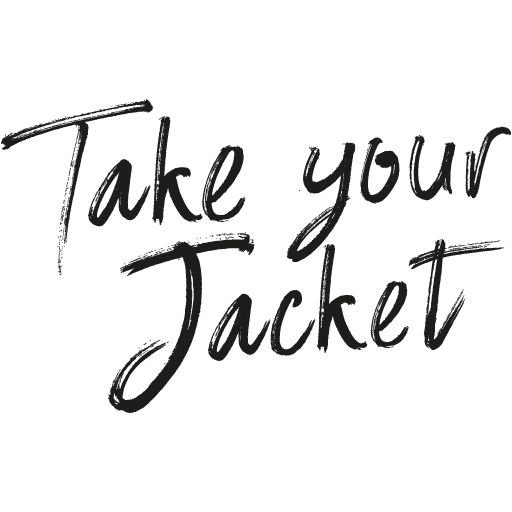Scams
Share
Always be vigilant but not paranoid or naive regarding scams.
It is highly recommended you have travel insurance to cover any potential loss in your personal belongings and safety.
| Scam/Crime | Method/Behaviour | How to avoid |
|---|---|---|
| Event Ticket |
There are various scenarios for event ticket scams when someone has offered an already purchased ticket for re-sell online:
|
Only purchase event tickets from official retailers and event websites, such as Ticketek. |
| Fake manuka honey |
Manuka honey, derived from the nectar of the manuka bush flower, has anti-bacterial properties which is prized by many people and comes at a premium cost.
Scammers often either:
|
Buy from a New Zealand company that is licensed to use the Unique Manuka Factor (UMF) rating where the licensee’s name is displayed. |
| Holiday apartment scam |
A scammer lists a fake listing of an apartment on a legitimate site, or lists stolen (but legitimate) apartment listings on a fake booking website. | Use well-known websites with buyer protection where you can get your money back (such as www.booking.com).
Spot red flags such as: cheap price, odd descriptions, dodgy reviews (or lack of reviews), difference in photos and Google Street View, asking for payment off from the booking platform, and the owner claiming to be overseas. Never make an upfront payment or make the payment off from the booking platform.
|
| Pickpocketing |
Working as a single person: he or she will quickly grab an item from your pocket or slowly unzip your bag to grab the contents inside. This person can pick-pocket you from behind or by bumping into you.
Working as a gang: one person targets you, another distracts, one grabs your possession and passes it to another to escape with, often under a cover. Be aware of being ambushed and targeted from left and right sides. This is more prevalent in Auckland. |
Leave valuables in a locked place at your accommodation or keep valuables hidden out of sight. Keep a printed hardcopy of your passport on hand.
Do not carry excess cash and credit cards. Zip up and lock the pockets of your daypack/bag. You can carry your bag in front. Never leave your bag unattended or out of sight. If you’re in a restaurant or cafe, put your bag on your lap or in front and between your feet with a strap around a foot. Keep a hand on your front pocket where your valuables could be stored (such as smartphone). |
| Overcharging taxis |
Some independent taxi drivers (some of whom can use old, defunct taxi signs on their cars) overcharge passengers with them not realising they’re been overcharged when using card payment. Receipt for the transaction is not given so passengers have little chance of finding the taxi driver.
This can be prevalent in the Wellington area. |
Use taxi apps like Uber or Zoomy.
Use public transport – it’s cheaper, especially if you have a bus card. If you do decide to take taxi: If you find yourself in an overcharging situation: Check online taxi fare estimators, taxi booking apps, or ask hotel/hostel staff for a fare estimate. You can use this information to negotiate a reasonable fare price if appropriate. Use a map app on your smartphone (GPS) to check the distance and the average time between the airport and your destination, along with seeing if you are being driven in the correct direction. |
| Sob story scammers (or fake beggars) |
You may encounter someone on the street who claims to have been robbed or have a family member sent to hospital. This person proceeds to ask if you can spare some money for help, such as for transport
There are also fake beggars around. |
Keep on walking to avoid interacting with them. |
| Unlicensed tour operators | There are unlicensed tour operators targeting Chinese tourists with low priced tours, often advertised on Chinese apps.
These unlicensed tour operators exploit tourists’ lack of English skills and lack of travel experience, by charging them for accessing free public spaces, as well as at affiliated shops where they try and force them to buy things. |
Research online for information about the tour operator such as a proper website and contact details that work (such as telephone number), along with online reviews of their tours. Refer to the corporate Tourism New Zealand website for licensed operators).
You can find things to do and see on the official New Zealand tourism website. Never pay in full upfront (unless it’s a reputable operator) or off the online platform. |
Learn more:
Scams in New Zealand


